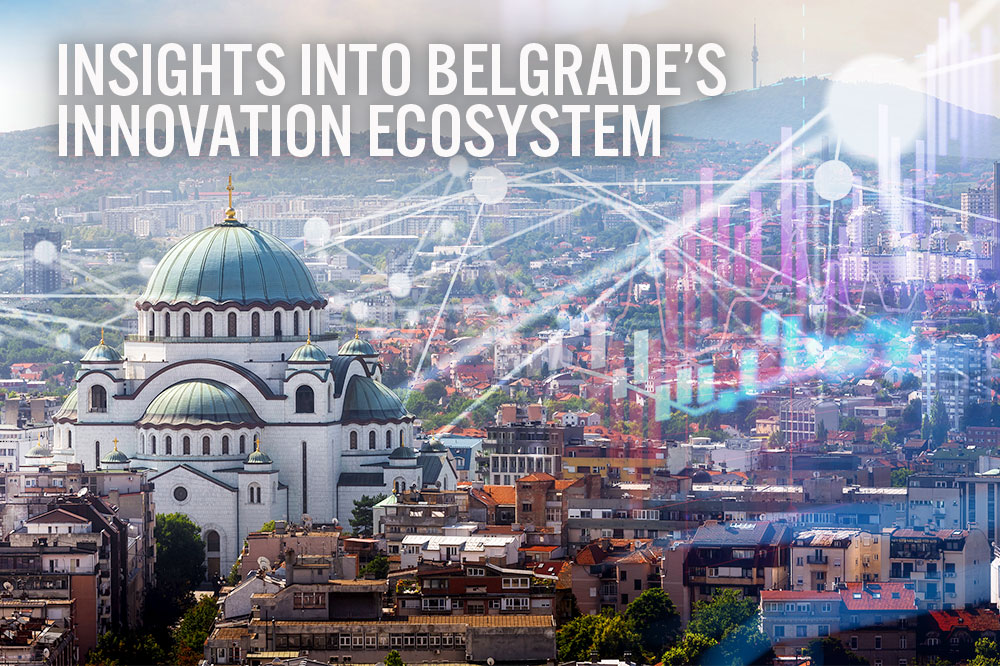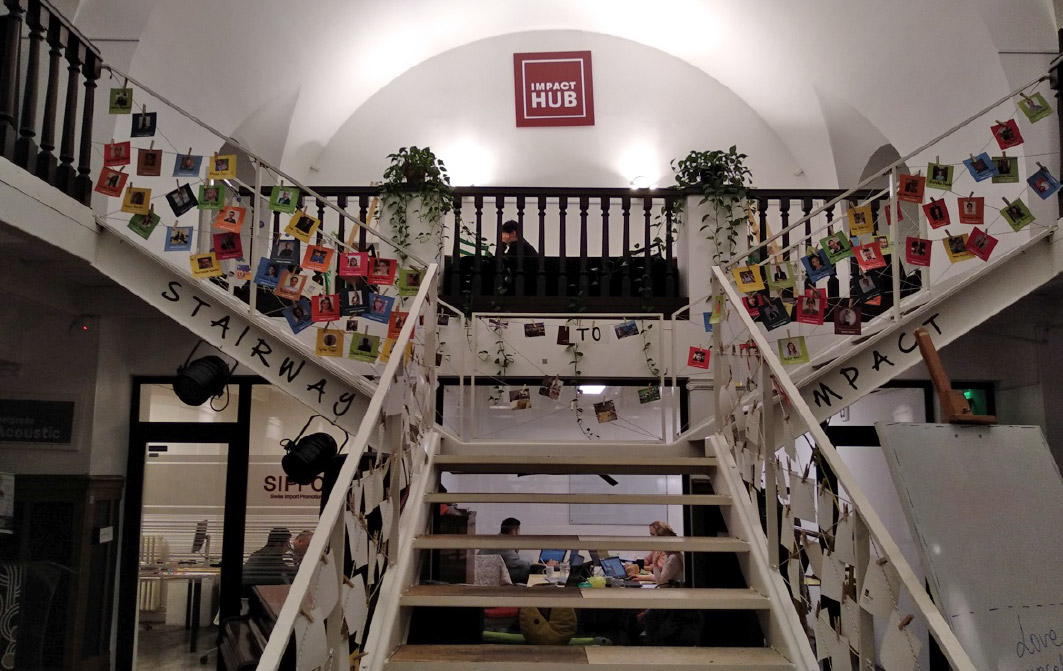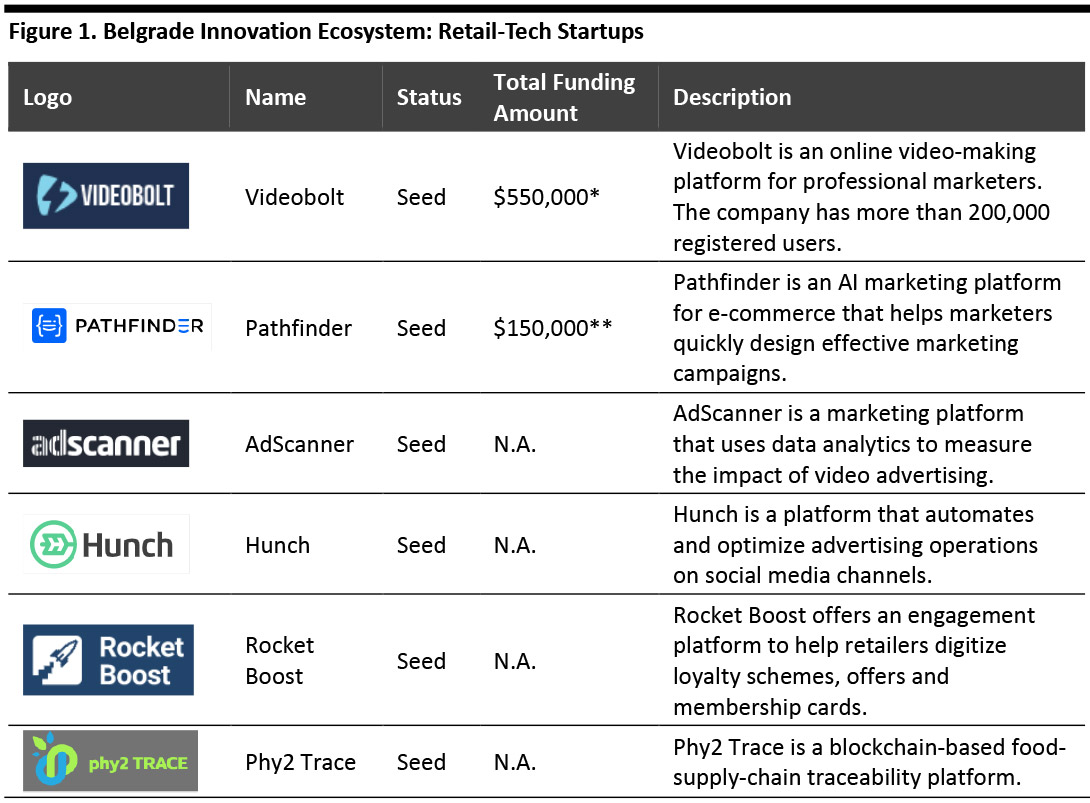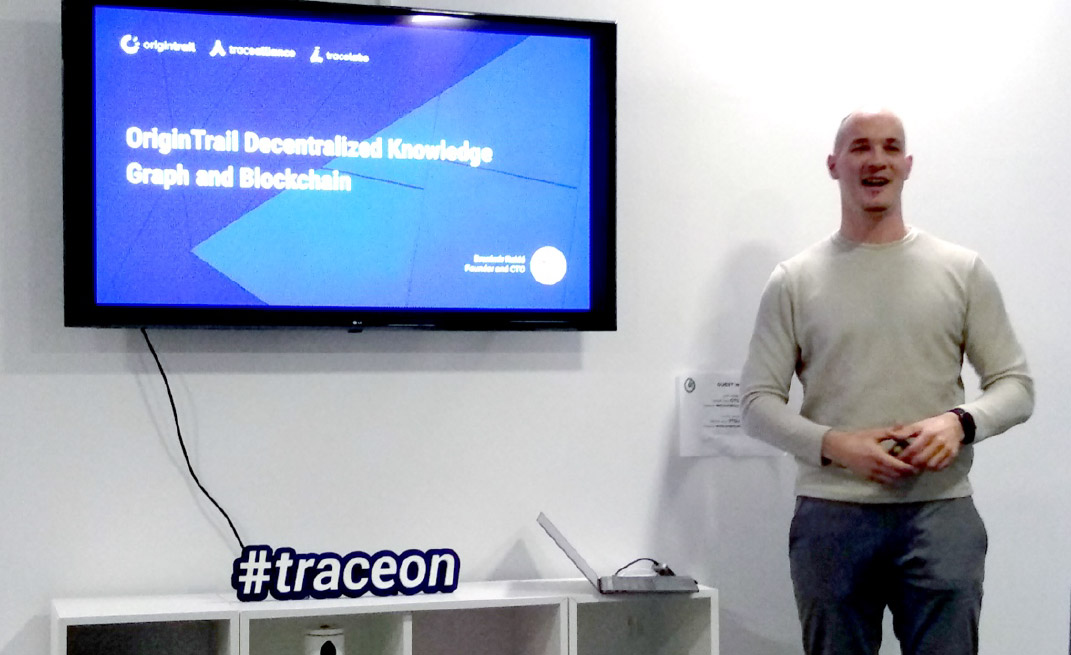
DIpil Das
Belgrade’s innovation ecosystem is evolving as a solid community of innovative technology companies in a number of sectors—including in the retail industry—thanks to its strong technical background. During a recent visit to the Serbian capital in late October, the Coresight Research team met with notable startup accelerators and retail technology companies to get a sense of this emerging technology ecosystem.
Belgrade’s Startup Network Has a Solid Technical Background
Pavle Krivokuca, Managing Partner and COO at startup-support organization Impact Hub, detailed the nature of Belgrade’s startup ecosystem and the role of Impact Hub in promoting and supporting the local startup community:
 Inside Impact Hub Belgrade
Inside Impact Hub Belgrade
Source: Coresight Research [/caption] Below, we profile notable startups in Belgrade—with a focus on retail-tech applications—that collaborate with Impact Hub Belgrade and South Central Ventures. [caption id="attachment_100777" align="aligncenter" width="700"] *Total Funding Amount of €500,000 as reported by Crunchbase
*Total Funding Amount of €500,000 as reported by Crunchbase
**Total Funding Amount of £120,000 as reported by Crunchbase
Source: Impact Hub Belgrade/South Central Ventures/Crunchbase [/caption] Blockchain For Food Traceability and Brand Recognition We attended a meetup event organized by OriginTrail at their offices in the city center. The blockchain company provides traceability for the food supply chain. Branimir Rakić, CTO and Co-Founder at OriginTrail, discussed blockchain technology and its application in the food supply chain: Branimir Rakić, CTO and Co-Founder at OriginTrail, speaking about blockchain technology
Branimir Rakić, CTO and Co-Founder at OriginTrail, speaking about blockchain technology
Source: Coresight Research [/caption] The Key to Effective Store-Associate Training Biljana Zdrale, Co-Founder of sales management platform Boostowski, presented the challenges that retailers experience with the training, retention and performance of their sales associates:
- The startup ecosystem in Belgrade started to emerge about five years ago, and it is currently in an early stage of development. One key factor has been the abundance of technology talent in the city, with a highly skilled local workforce. Belgrade serves as a hub for the Balkans and Southeast Europe, and many startups from the region have set up a presence in the city.
- Belgrade’s startups tend to have very solid technical backgrounds but need support in growing their businesses, as they may not have sufficient commercial in-house skills. Sectors in which Belgrade startups have a strong presence include gaming, business software, marketing, healthcare and food technology.
- Funding is generally injected from overseas investors. Belgrade is well known among foreign investors as a hub for IT outsourcing, particularly among European, Russian and US companies, due to the high level of technical skills and comparatively low cost of the city’s workforce. About 5% of the global outsourcing economy is based in Serbia, according to Impact Hub.
- Digital Serbia Initiative: A non-governmental, non-profit organization that advocates the transformation of Serbia into a digital society.
- South Central Ventures: A €40 million ($44 million) fund, dedicated to early-stage tech companies in the Balkans.
- South By South East: A startup accelerator that is focused on investing in pre-seed companies.
 Inside Impact Hub Belgrade
Inside Impact Hub Belgrade Source: Coresight Research [/caption] Below, we profile notable startups in Belgrade—with a focus on retail-tech applications—that collaborate with Impact Hub Belgrade and South Central Ventures. [caption id="attachment_100777" align="aligncenter" width="700"]
 *Total Funding Amount of €500,000 as reported by Crunchbase
*Total Funding Amount of €500,000 as reported by Crunchbase **Total Funding Amount of £120,000 as reported by Crunchbase
Source: Impact Hub Belgrade/South Central Ventures/Crunchbase [/caption] Blockchain For Food Traceability and Brand Recognition We attended a meetup event organized by OriginTrail at their offices in the city center. The blockchain company provides traceability for the food supply chain. Branimir Rakić, CTO and Co-Founder at OriginTrail, discussed blockchain technology and its application in the food supply chain:
- Fragmentation and complexity characterize the food supply chain, with the involvement of several partners and poor visibility of the value chain in its entirety. According to OriginTrail, some 32% of food manufacturers do not trust their food-sourcing partners.
- One of the benefits to food retailers of blockchain technology is that it enables them to position themselves as high-quality providers of certified provenance food. For example, OneAgrix—a global trading marketplace that specializes in halal food—has developed a blockchain-based platform for halal certification.
- Using blockchain technology, companies are setting up industry-wide collaborations aimed at leveraging and sharing large sets of data securely. Companies are participating in blockchain alliances to gain competitiveness from the collegial use of data and compete more effectively with those players, such as e-commerce giant Amazon, that possess a competitive advantage in gaining insight from customer data.
 Branimir Rakić, CTO and Co-Founder at OriginTrail, speaking about blockchain technology
Branimir Rakić, CTO and Co-Founder at OriginTrail, speaking about blockchain technology Source: Coresight Research [/caption] The Key to Effective Store-Associate Training Biljana Zdrale, Co-Founder of sales management platform Boostowski, presented the challenges that retailers experience with the training, retention and performance of their sales associates:
- Retailers have little resources to invest in training, but at the same time face a very competitive environment that requires investment in human resources.
- The high turnover of store associates that characterizes the retail industry makes it difficult for retailers to provide effective training and retain good staff.
- Traditional training methods for salespeople are considered largely ineffective by many companies, according to feedback that Zdrale received from clients in her previous role at HR training firm Mercuri International.